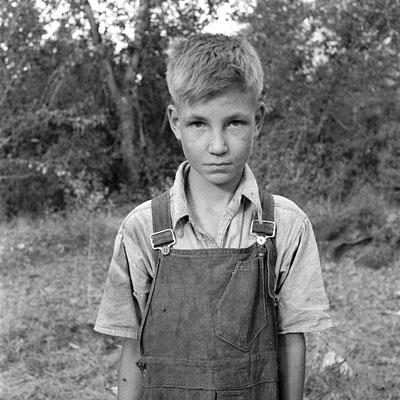Assessment and certificate
In order to be eligible for a certificate, the student must have attended at least eight days of the training, six days in the trainers' public workshops and must have been present in their exercise groups for at least 42 hours. (See Missing Days).
At the end of each training course the trainers will make an assessment of the strengths of each student and will point out areas that the student can further improve. If the trainers feel that the student has sufficiently achieved the necessary level of knowledge, skills and attitudes, then the student will get a certificate.
We will not have tests at the end of each training course to make this assessment. Instead, the trainers will observe the students during the training, when they are engaged in small group work, or in other exercises where the students will have the opportunity to show their ability and understanding. During, or after such exercises, we will give feedback to students based on our observations and we will make suggestions to work on certain aspects of the work in their practice group. Our intention in giving feedback is to help each student to overcome difficulties and to grow in this work.
We will make notes during the training of our observations and of the feedback that we gave. (The students may see these notes if they wish). When we discuss our assessment with the student it should not cause surprises, as we will base ourselves on feedback that we gave before. The purpose of the assessment is to help the student to focus his learning on areas that can be further improved.
When we feel that a certificate cannot yet be given to a student we will discuss with the student how he can further improve himself in his exercise group. When the student continues in the next level training, then the trainers will continue to observe the student and may hand out the certificate when the students has made visible improvements.
In some cases we might suggest that the student takes the same level training for a second time. In that case the fee for the second time will be half the normal fee. We will only make this suggestion if we are confident that the student will be able to achieve the necessary level of knowledge, skills and attitudes, in this extra year.
Only in exceptional cases, we will not give a certificate.
When we do give a certificate, it is not an endorsement or a license to practice family constellations. The training courses bring students to a starting point, where they have learned enough to make a start with their practice, but in all cases the real learning only starts then. You develop yourself in this work by doing it and learning from painful mistakes. And it might even happen, that a student who did not get a certificate learns so much through experience, that he becomes an excellent facilitator.
Ceremony for handing out certificates
At the end of the third block of a one-year training, probably most students will not yet have completed the required participation in exercise groups and in public workshops of the trainers. Therefore:
- for students who will continue in the next level of the trainings, a ceremony for handing out the certificates will be held at a suitable moment during the first block of the next level training, e.g. at the end of the first training day;
- for students who will not continue in the next level of the trainings, the certificate will be handed out in a small ceremony at the end of their last attendance of a public workshop given by the trainers.
- For students who complete the Advanced Family Constellation Training, the certificates will be handed out at the end of the last training block.
- If for some students there is no opportunity to participate in such a ceremony, then the certificate will be send to the student by mail.
home ▸ practical information ▸ certificate
